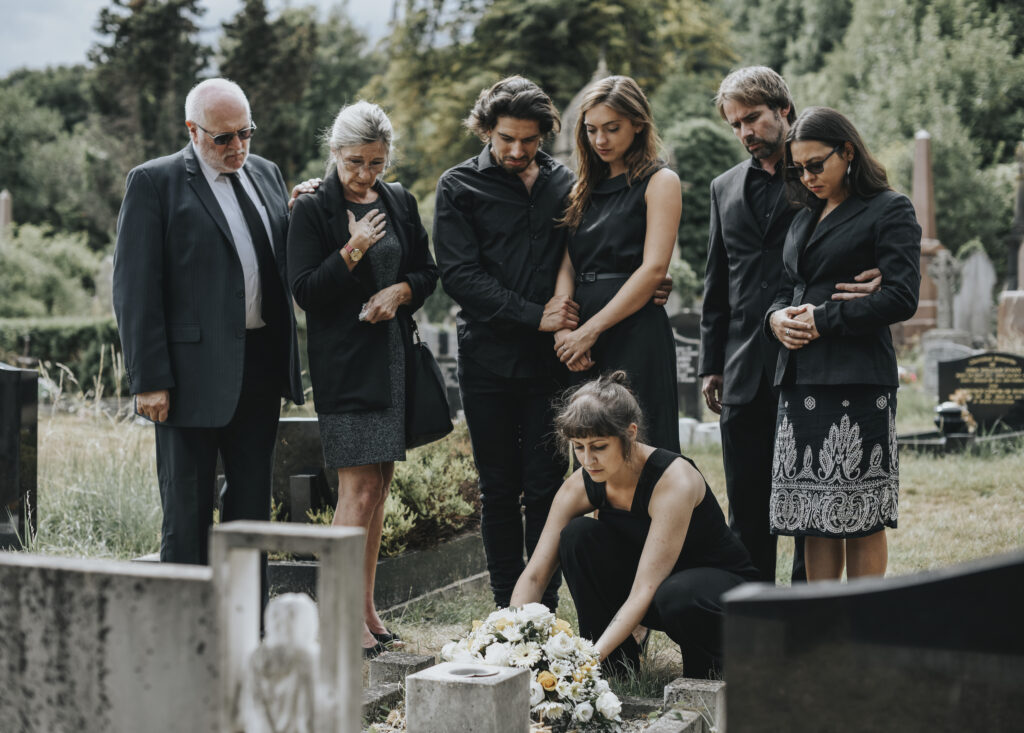Beck, Lenox & Stolzer Estate Planning and Elder Law brings you “The Confusing Fallout of Dying Without a Will,” from The Wall Street Journal. This article state that, despite the consequences for their heirs and loved ones, millions of Americans still don’t have a will. The total wealth of American households has tripled over the past thirty years, according to the Congressional Budget Office. Still, more than half of Americans polled by Gallup said they didn’t have a will in 2021. Another survey showed that one in five Americans with investible assets of $1 million or more don’t have a will. So what happens when there’s no will?
Dying without a will means the laws of your state will determine who gets your assets. In some cases, loved ones could end up with nothing. They could be evicted from the family home and even hit with massive tax bills.
This is especially problematic for unmarried couples. One example—after 18 years of living together, a couple had an appointment with an estate lawyer to create wills. However, the woman died in a horseback riding accident just before the appointment. Therefore, her partner had to get the woman’s sons, who lived overseas, to sign off, so he could be appointed her executor. The couple had agreed between themselves to let him have the home and SUV they’d purchased together. However, state law gave her sons her 50% interest. The partner had to buy out her son’s interest to keep his home and car.
Dying without a will, or “intestate,” means you can’t name an executor to administer your estate, name a guardian for minor children, or distribute the property as you want.
Here’s what you need to know about having—or not having—a will:
State law governs property distribution. In some states, where there is a surviving spouse and children, the surviving spouse gets 100% of the estate, and the children get nothing. The surviving spouse gets 50% in other states, and the children divide the estate balance. For example, in Missouri, the surviving spouse gets the first $20,000, and the balance is split 50/50 with the children. In Tennessee, a surviving spouse with two or more children receives a third of the estate, with the rest split between the children.
Check on all assets for beneficiary designations. Retirement accounts and life insurance policies typically pass to whoever is listed as the beneficiary. However, if you never named a beneficiary, the state’s laws will determine who receives the asset.
If you don’t have a will and want to be sure a partner gets these assets, you’ll need to speak with an experienced estate planning attorney like the ones at Beck, Lenox & Stolzer to explore your options. For example, you might be able to use a transfer on death deed or a payable on death account. However, there may be better ways to accomplish this goal.
What happens when there’s no will? You don’t want to find out. Schedule a free phone call with one of our attorneys to clarify your needs and concerns.
Reference: The Wall Street Journal (May 2, 2023) “The Confusing Fallout of Dying Without a Will”










